How to get rid of ants – experts reveal the best ways to eliminate these pests for good
Here's what to do about ants in your home

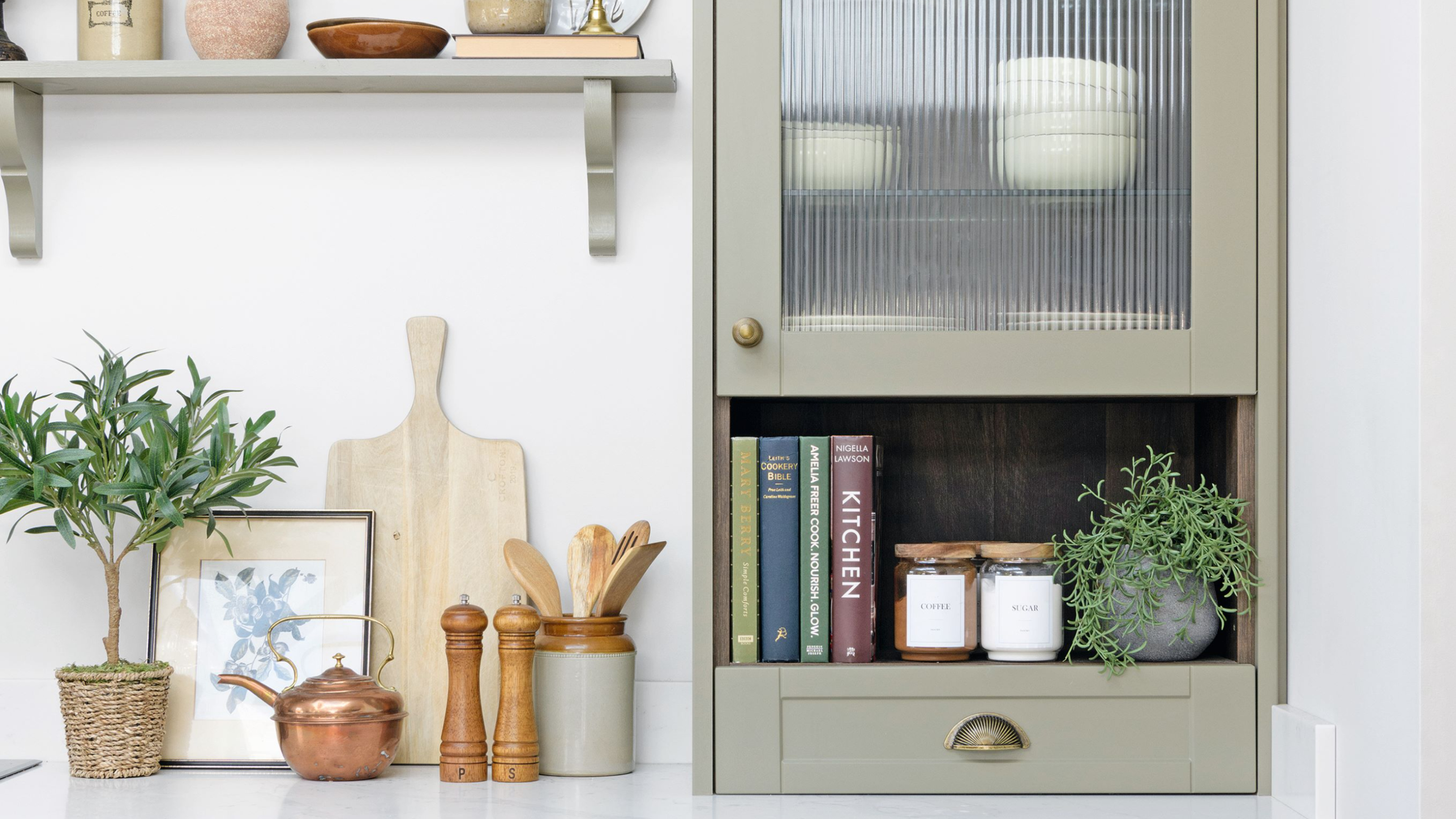
It's never pleasant walking into the kitchen and seeing a swarm of ants scurrying towards our cabinets. Knowing how to get rid of ants is essential if you want to enjoy cooking and dining in peace.
Unfortunately, it's in our culinary spaces that we're most likely to find ants, because they're attracted to food. It's also the last place we want to find pests, and if you've recently noticed a line of ants marching through your kitchen, you need to know how to get rid of ants in the house, and fast.
'Ants will enter a home to find and retrieve food for their queen,' says Glen Peskett, DIY and home improvement expert at Saxton Blades. 'Even the smallest crumbles can attract them, and so can grease or residue on your counter or cooker. Ants are most active during the summer months, and any heavy rain can force them to leave their garden nest and relocate to dry spaces such as your home.'
Knowing how to get rid of ants in a house requires a slightly different approach to how to kill ants' nests in a lawn. We've asked pest control experts to share their top tips for getting rid of these unwanted visitors.
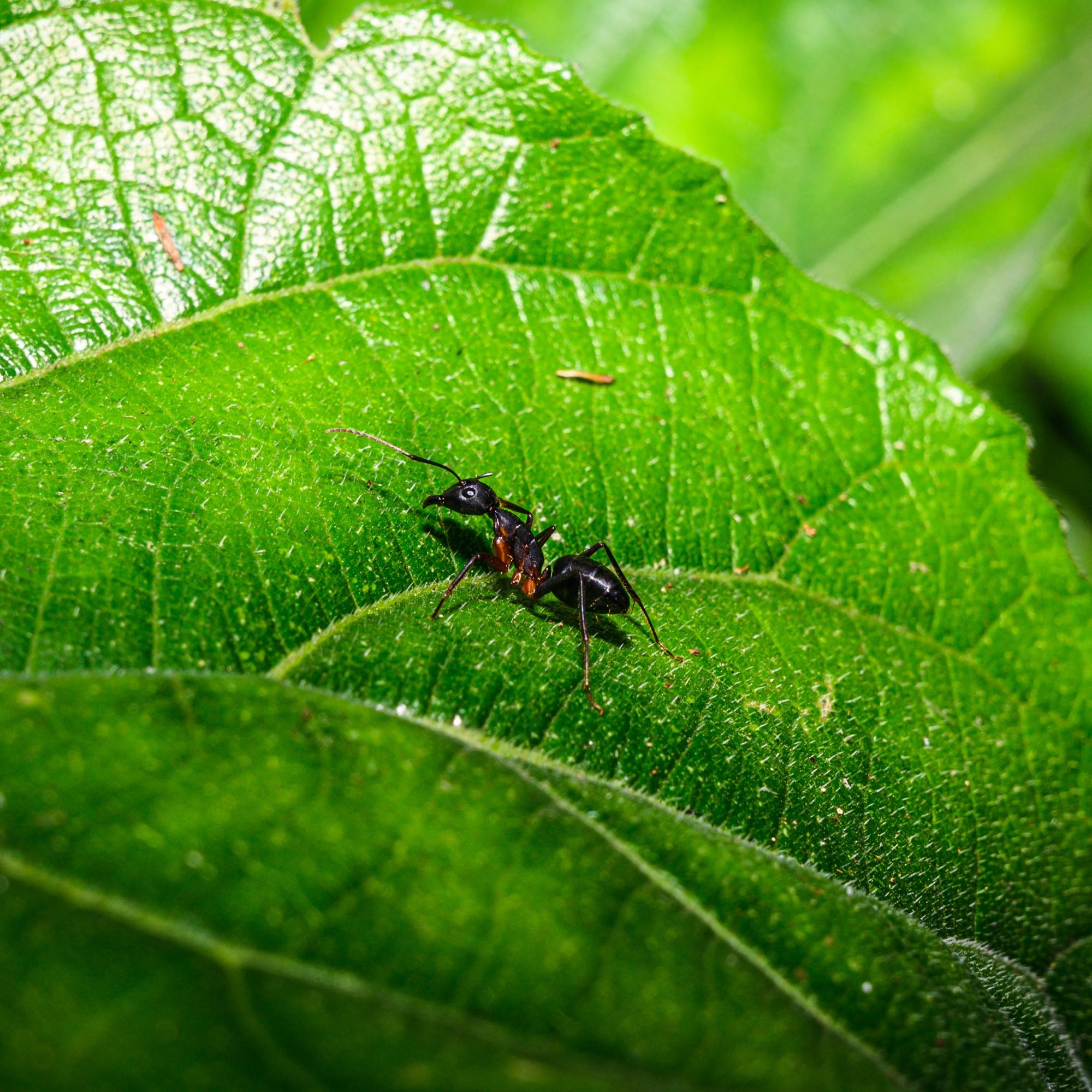
How to get rid of ants in the house
The sad thing about ant infestations is that they rarely come alone. They come in the thousands, and it's not a pretty sight. Fortunately, just like you can learn how to get rid of flies in the house, you can learn how to get rid of these pests, too. The methods in our guide will show you how to get rid of ants so that they don't come back again.
What you'll need
- Sealant - browse the many sealants available at Amazon
- Boric acid - you can buy boric acid in bulk from Amazon
- Sugar - stock up on sugar at Amazon
Step by step
1. Locate the entry point
To learn how to get rid of ants in your house and rid yourself of these scurrying pests, you need to find out how they're getting into your home. You might have to play detective a bit to locate their point of entry, so observe their movements and follow their trail – you probably won't be able to miss it, given that they come in such high numbers.
'There is a possibility that ants could be entering the building through an open door, a window, or even through small cracks or holes in the structure itself,' says Nigel Bearman. 'Most commonly, they can be found within the interior walls of the house, within the window frames, indoors or in hidden locations.
Sign up to our newsletter for style inspiration, real homes, project and garden advice and shopping know-how
2. Seal their entry points
Now you've found the entry points, they need to be sealed so the ants can't keep getting through them. Use either diatomaceous earth, caulk, or another sealant.
'In addition to sealing cracks and small holes, diatomaceous earth can also be applied to edges where ants have been active, and it can be sprayed on walls when it is wet,' he says. 'Sealing up entry points can also be accomplished with caulk. It can be used to seal cracks around doors and windows.'
Whichever type of sealant you use, apply to cracks and gaps per the manufacturer's instructions, and make sure you're not leaving any holes exposed. Ants are tiny after all, so they'll be able to fit through any kind of gap.
Three to try
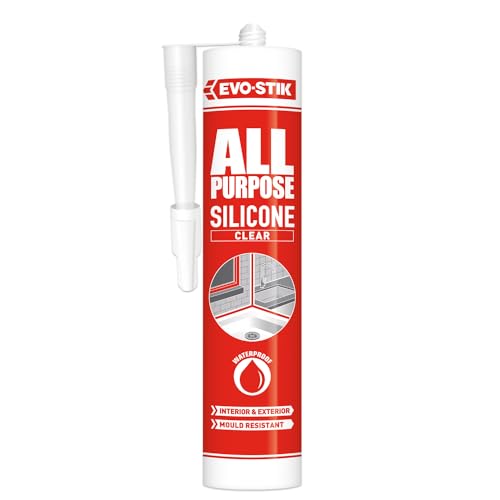
All purpose silicone sealant to crack down on ant hotspots.
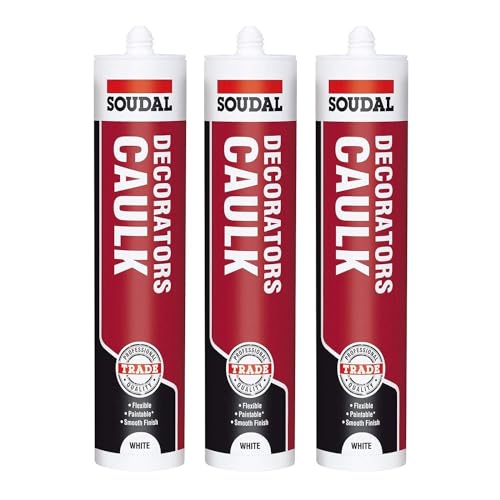
Amazon's Choice for caulk, which comes in a pack of three.
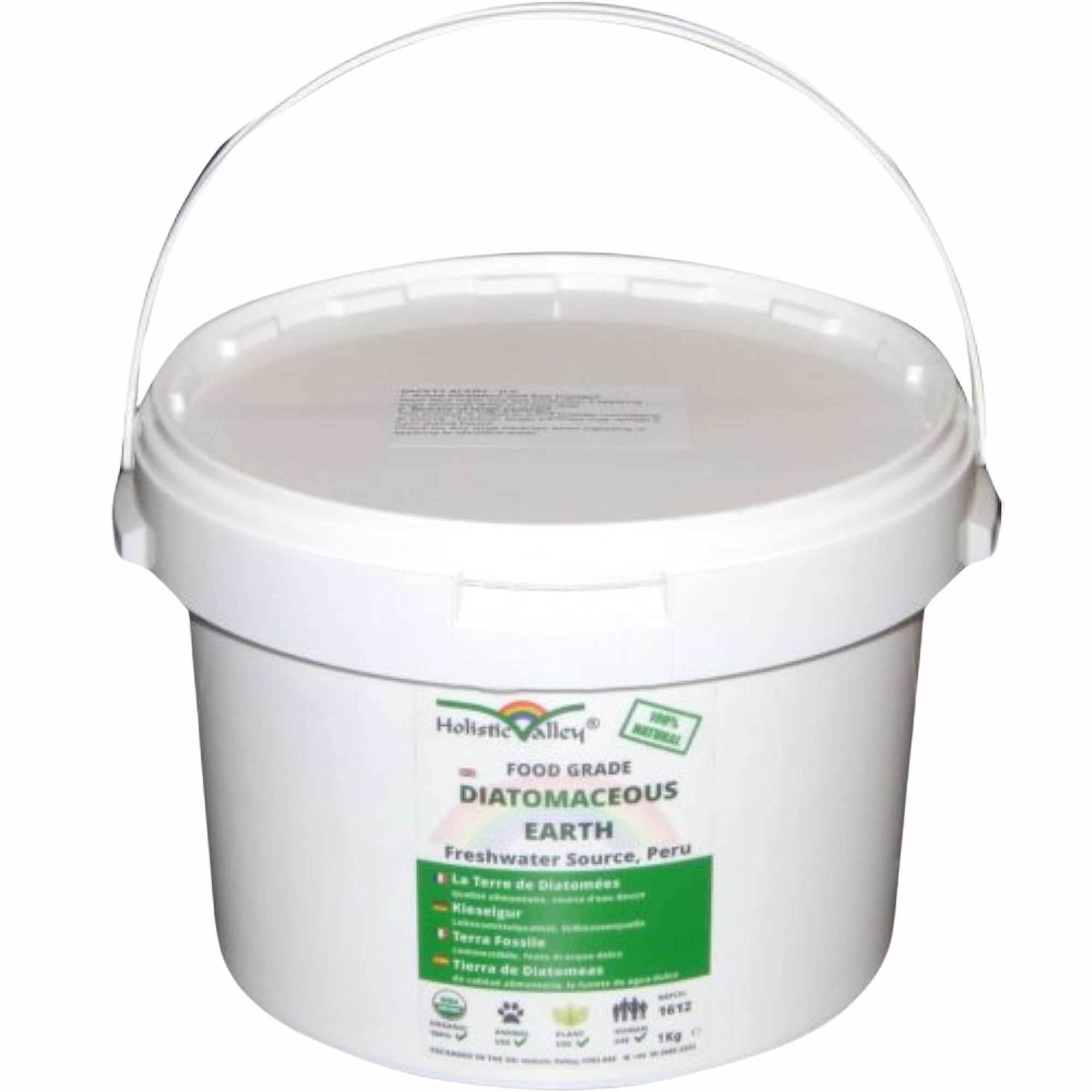
A natural sealant alternative for nipping ant passageways in the bud.
3. Clean any traces of food

'Ants are attracted to anything that’s sweet and sticky, which is why you are most likely to find ants in kitchen cupboards or areas where food is kept,' says Paul Blackhurst, Head of Technical Academy, Rentokil Pest Control. 'Once an ant has discovered a food source it leaves a pheromone trail, for other ants from the colony to follow.'
Knowing how to clean kitchen cabinets properly is a gamechanger when dealing with ants. All food should be stored so none of it is left exposed, and don't leave any spillages or crumbs lying around for the ants to find. And if your garden has outdoor kitchen ideas - or if you're hosting alfresco dining at any point - definitely make sure you're clearing away any leftover food.
4. Fix any leaks and drips
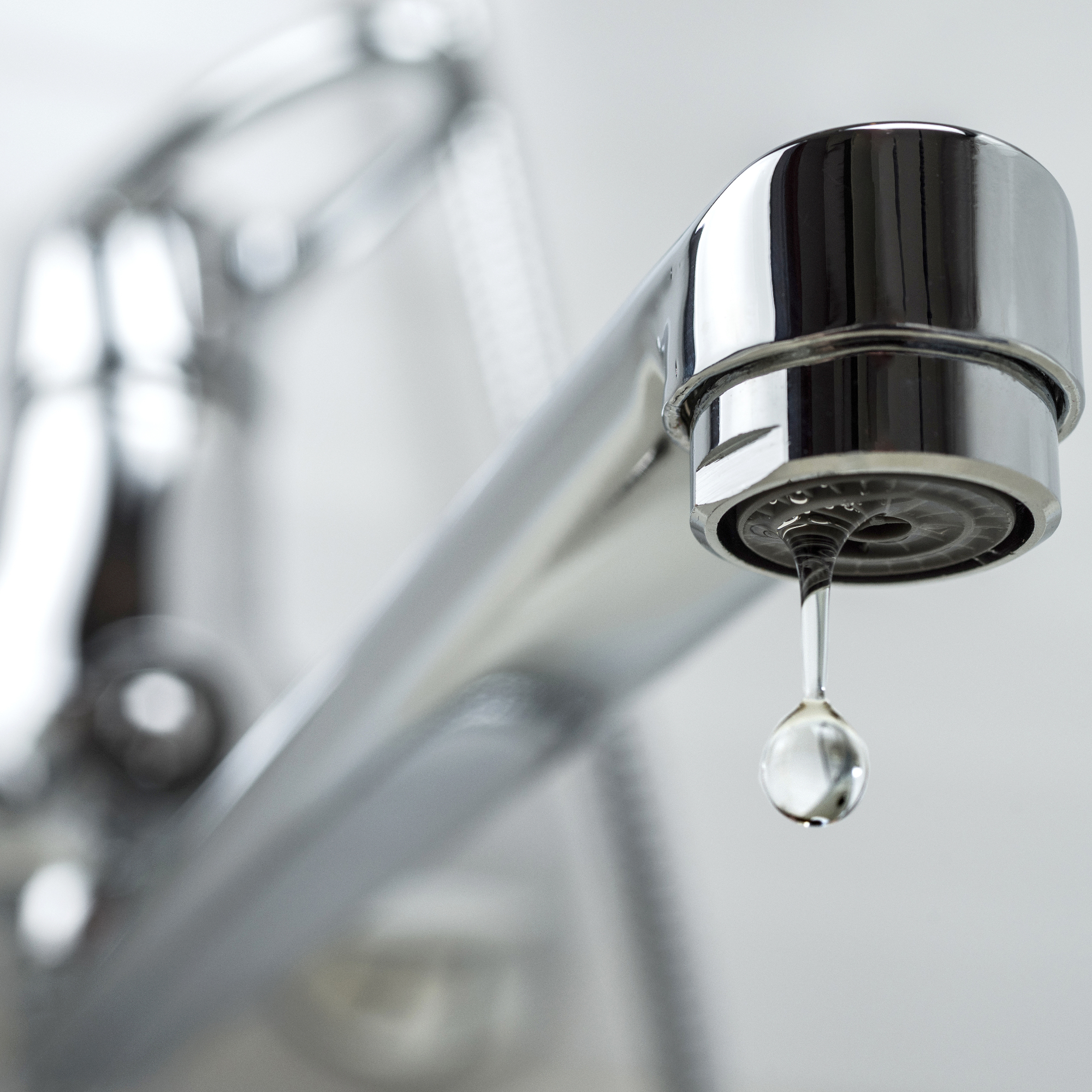
If you have any taps that are going drip drip drip, these could be encouraging ants to come into your home, as they're always on the lookout for water sources. You can learn how to fix a dripping tap yourself easily enough, so get your plumbing sealed up and eliminate this source of attraction.
5. Clear any low-hanging branches
Make sure you clear any branches that are touching your windows because ants love nesting in foliage and under trees.
Also, if you have any vines growing up the side of your home or have any vegetation touching your home, trim it to stop an entry point for ants.
6. Use boric acid
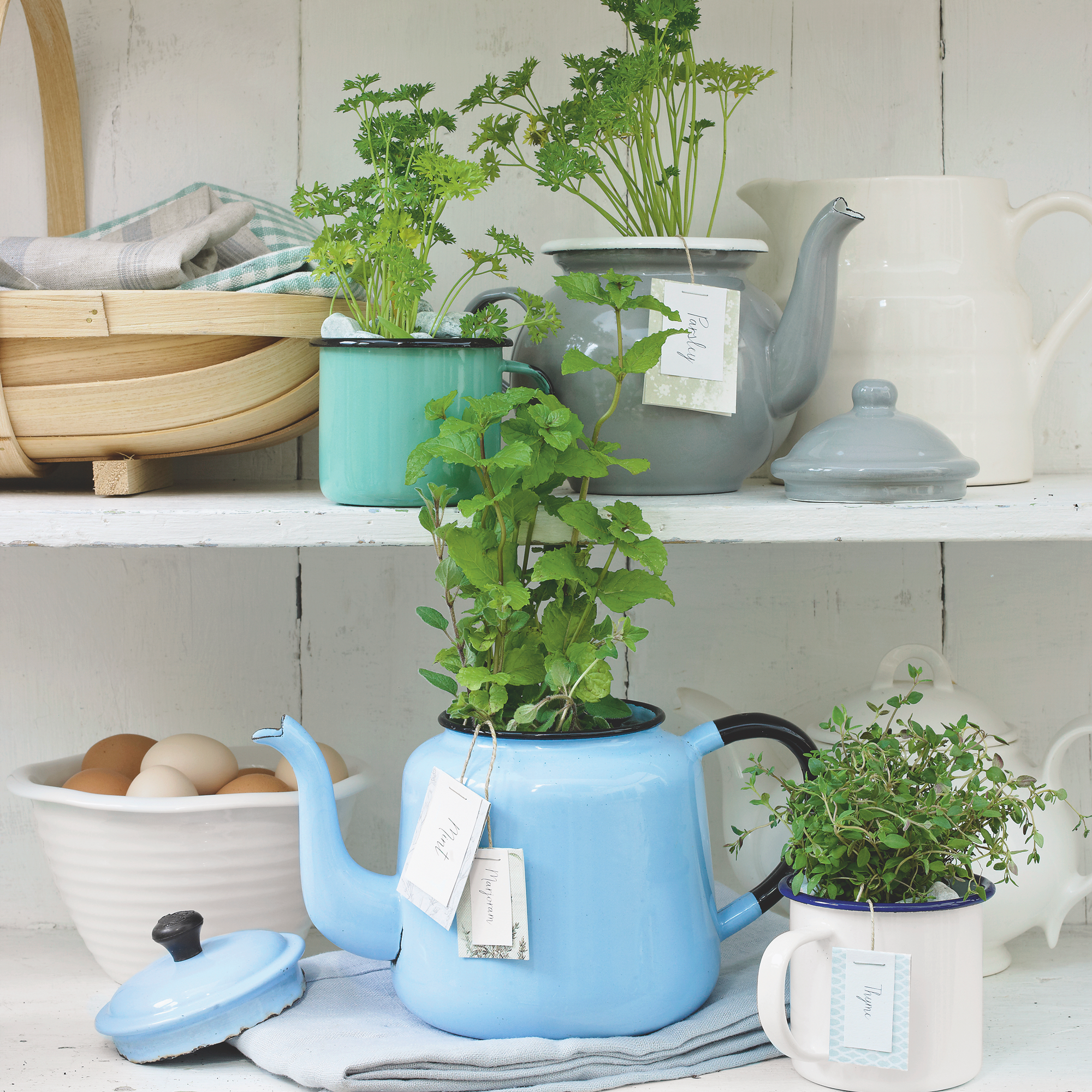
Now you've cleared away all the factors attracting ants to your house, and their means of getting in, it's time to learn how to get rid of ants that just won't seem to go. You can buy pre-made ant poison, but Jordan Foster, Pest Technician at Fantastic Pest Control recommends creating a boric acid-based bait for increased chances of success.
Mix in one part boric acid, with three parts sugar or syrup and one part hot water to create a sugary paste. Place the mixture around the entrances to the ant nest if you know where it is, or along active chemical trails. The ants will feed on the bait and return to the nest and transfer the poison to the queen and colony.
You don’t want the mixture to be so strong it kills the ants immediately because you want them alive to take the poison back to the nest. Keep doing this until you have eliminated the infestation and keep replacing the boric acid mixture as needed.
Home remedies for getting rid of ants
The internet is full of other methods and old wives' tales about how to get rid of ants which can make it hard to know which ones are truly effective. However, these are a few other expert-approved and reliable ways that will prevent ants from getting comfortable in your home.
1. Chalk
‘Chalk can be used to create a barrier around doors, windows, and cracks', says Jordan. Drawing a line of chalk disrupts the pheromones that ants follow, but it is only a short-term fix.
2. Coffee grounds
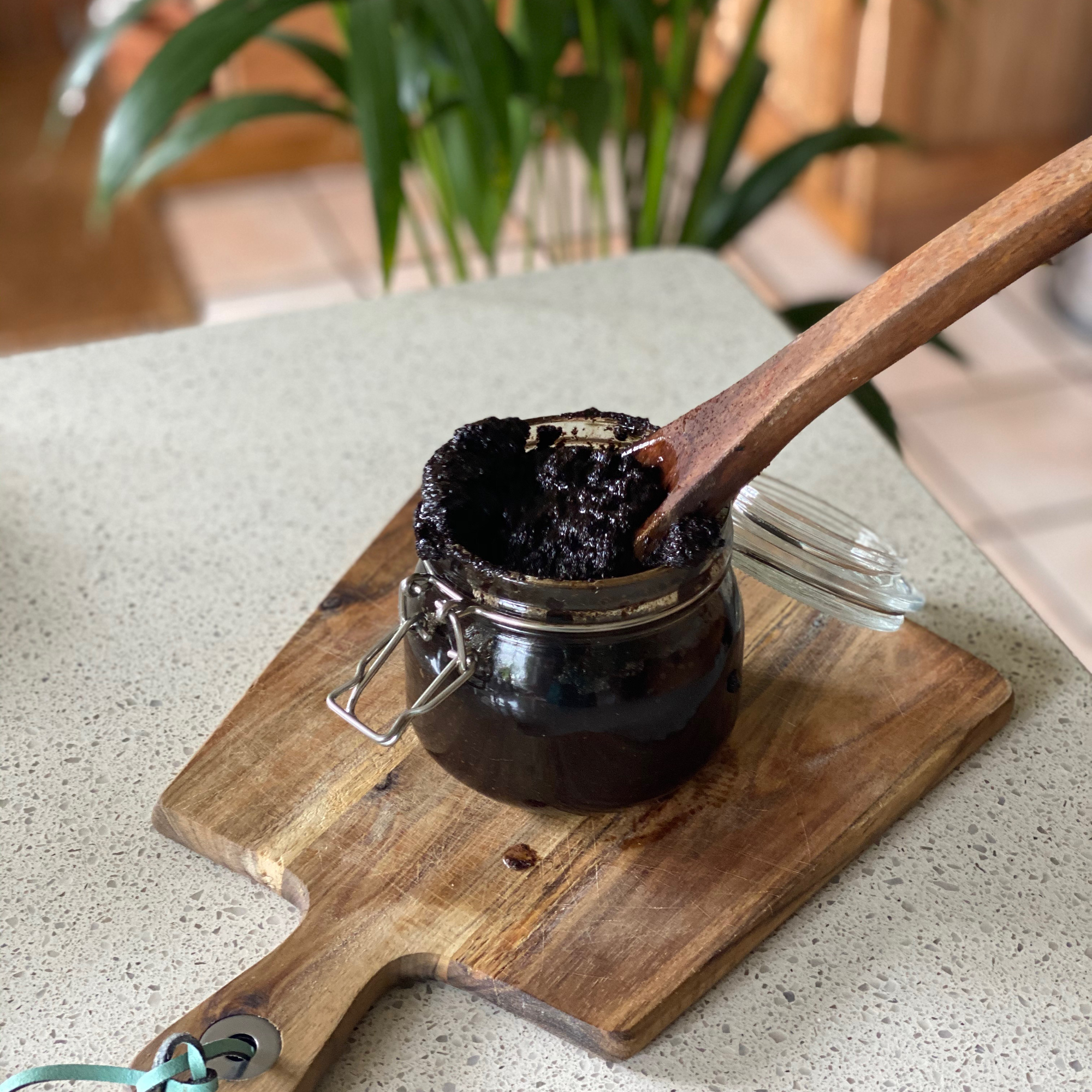
‘Coffee grounds can keep sugar ants away, but use them only outside around entryways', says Jordan.
This method works by confusing the ants sense of smell, however it can take a while to be effective.
3. Talcum powder
‘Talcum or baby powder is a safer alternative for pets and kids, and diatomaceous earth can be used for carpenter ants and other pests.’
Again this method doesn't directly kill ants but will stop them coming into the house by disrupting the scent trail.
Fill in any cracks with talcum powder where ants could get in, especially around window frames and doors.
5. Glass cleaner and dish soap
Combine spray glass cleaner with liquid detergent or dish soap to deter ants from coming into your home. The mixture will remove the ant's scented pheromone trail that they leave behind as they walk.
Spray the mixture anywhere ants congregate or originate from and look out for products with eucalyptus or mint because ants hate those smells.
6. Spices
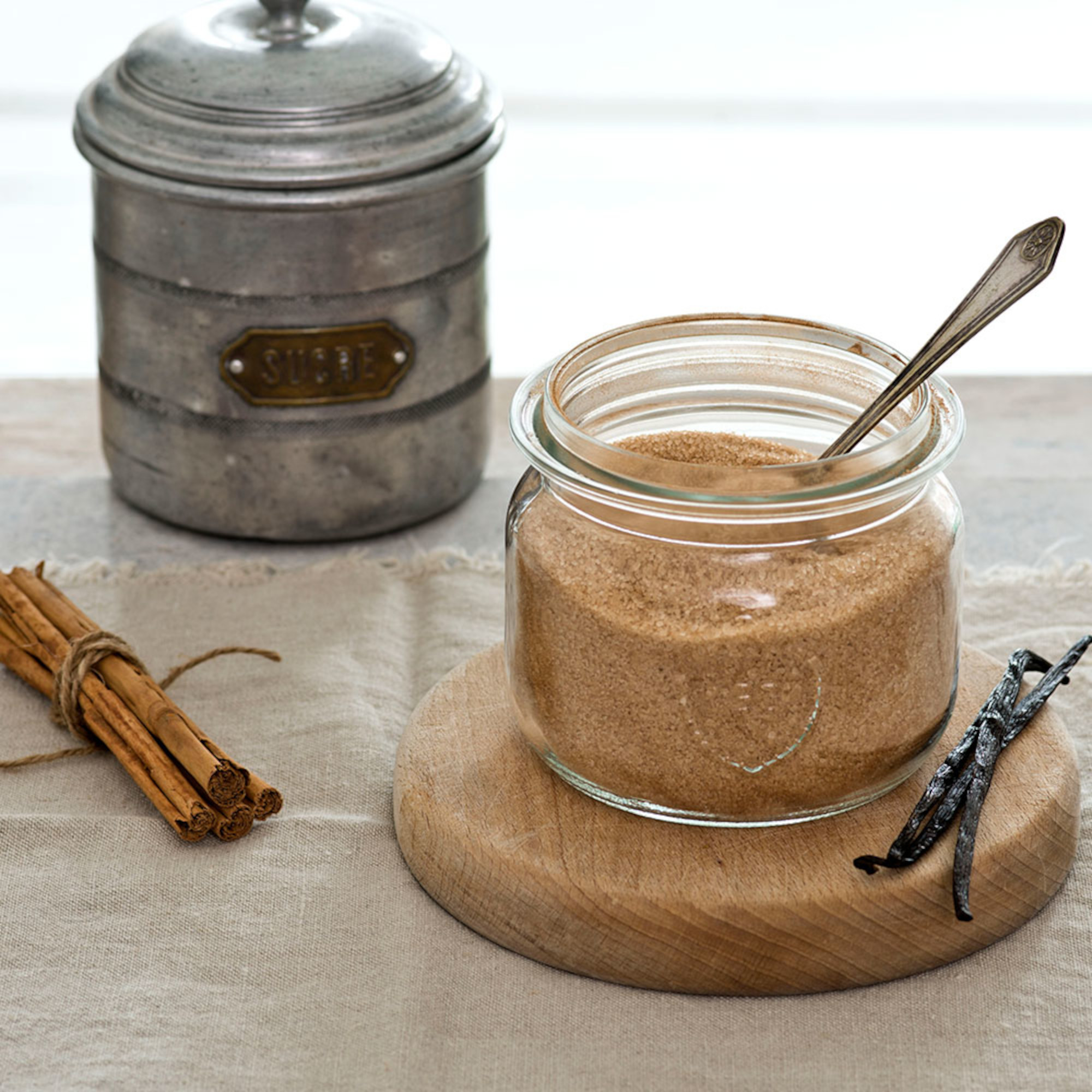
Line the outside of your doors and window frames with kitchen spices such as salt, curry powder, pepper and cinnamon which act as deterrents.
Pepper or Cayenne Pepper works a double whammy as the strong spicy scent irritates ants. However, these strong-smelling spices also confuse the ant's senses.
7. Ant powder
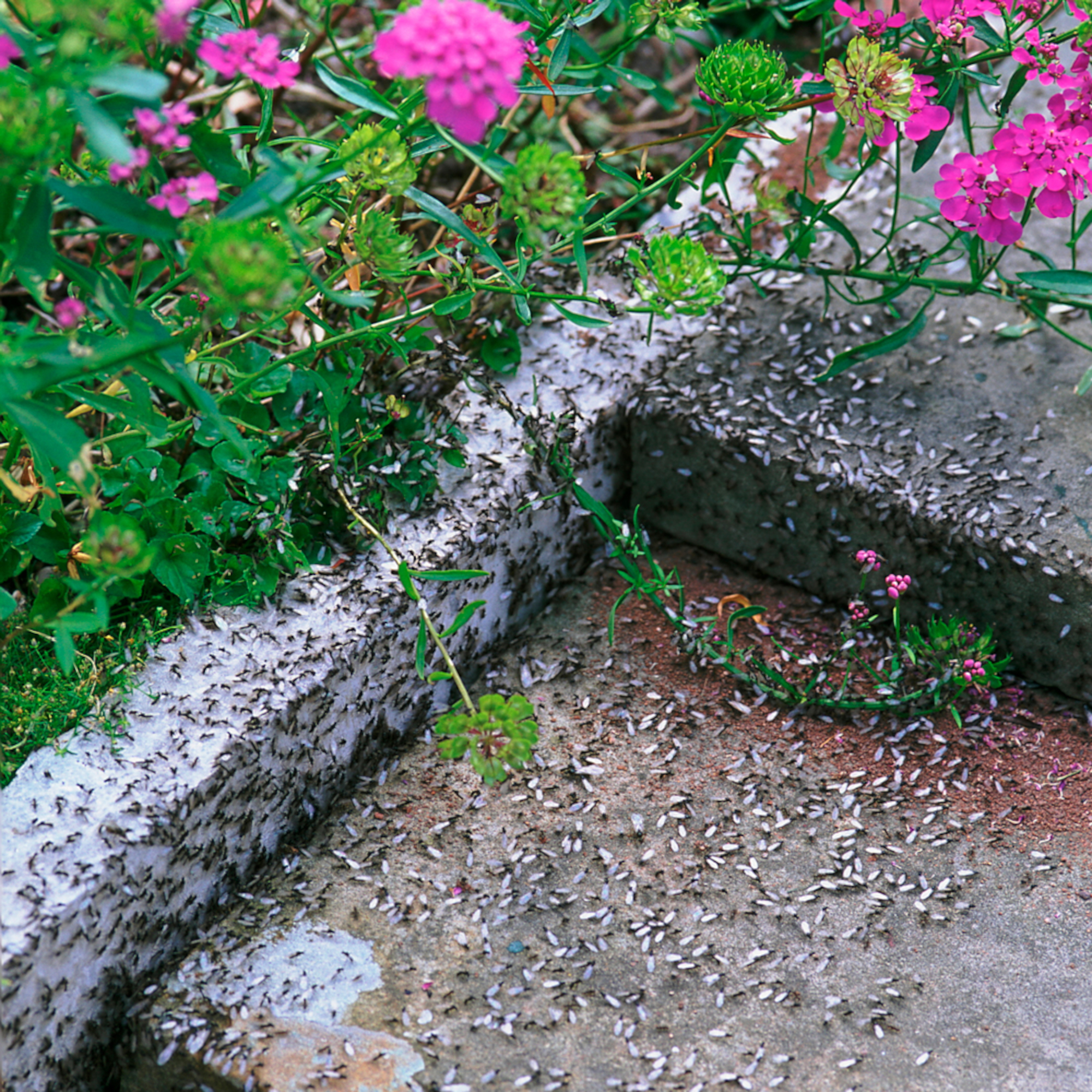
If you decide to use an ant powder or trap such as Raid available on Amazon to kill ants, Jordan Foster from Pest Control Expert says, ‘Make sure that any bait you use is specifically labelled for ants, and carefully follow the directions on the package, including wearing protective gloves. The most common insecticides in ant baits are abamectin, fipronil, and propoxur.'
‘While an aerosol spray (like Raid Ant Killer) can kill ants on contact, it may not affect the rest of the ant population that may be hidden out of sight. Be sure to check the label of any aerosol insecticide you use, such as permethrin, bifenthrin, or cyfluthrin, to ensure that it is intended for indoor use.’
When you are using a chemical solution, make sure you are careful to keep it away from children and pets.
FAQs
What is the fastest way to get rid of ants?
To get rid of ants quickly, you'll first need to eliminate any food sources that are attracting them into your home. 'Identify and clean up spills, crumbs, and food residue that may attract ants,' says Jordan Foster. 'Dispose of garbage promptly, store food in sealed containers, and keep your kitchen and dining areas clean.'
Seal up any entry points with caulk or sealant. Then you can use natural deterrents, like coffee, white vinegar, citrus peel, or peppermint oil, which work to disrupt the pheromone trails that guide other ants.
Experts also recommend placing some ant bait traps to attract large numbers of ants - it may seem counterproductive at first, but there's a method to the madness, as the ants will carry the poison back to the nest to kill the queen and the rest of the colony.
'There are several types of pre-bait, including sweet, sticky foods (such as honey or syrup) and fried foods (such as chips or fried meat),' says Nigel from Daily Poppins. 'Try different pre-baits to determine which attracts the most ants. It is important to keep in mind that different baits are more effective at different times of the year.'
Place ant poison with the bait trap, and it should effectively eliminate the colony so they don't come into your house again. We recommend using boric acid and following the method we laid out earlier in the guide.
How do I permanently get rid of ants?
Ants are essential to a balanced ecosystem and help us by eating up other household and garden pests like fleas and bed bugs. For this reason, destroying an ants' nest should only be a very last resort.
The ants you see in your house and scuttling around the pavement are only 10 per cent of the colony. If you are seriously struggling with an infestation, then you're going to need to target the nest.
To target the nest, expose the top of the nest and pour an entire kettle of boiling water over the nest to destroy all the ants in the colony including the ant queen.
Blocking up entry points is also a fundamental step when it comes to how to get rid of mice - head to our guide for preventative measures to keep mice away.
What do ants hate the most?
‘Ants hate the smell of mint. Try scattering fresh mint around your home, particularly near entry points. Alternatively, use a few drops of peppermint essential oil on a cotton wool pad and wipe the areas of your home where ants tend to appear,' says Tim Warren, DIY Expert, Adkwik.
'Ants also are not fans of citrus smells. Mix lemon juice and water using a 1:3 ratio and spray this in a similar fashion to the vinegar mixture, or use any leftover citrus peels for the same results. This is especially effective at removing scent trails that ants use to remember where they have found food.'
‘Sprinkling cayenne pepper can help to deter ants as they do not like the strong smell, however, this is not recommended if you have any young children or pets who may eat it. Many insects can be repelled by the smell of lavender. Keep ants away by placing lavender pots around your house and near doorways.’
Other smells ants hate include cinnamon, eucalyptus, grapefruit and garlic, so place these around potential entry points.

Millie Hurst was Senior Content Editor at Ideal Home from 2020-2022, and is now Section Editor at Homes & Gardens. Before stepping into the world of interiors, she worked as a Senior SEO Editor for News UK in both London and New York. You can usually find her looking up trending terms and finding real-life budget makeovers our readers love. Millie came up with the website's daily dupes article which gives readers ways to curate a stylish home for less.
- Katie SimsContributor
- Sophie KingGardens Editor